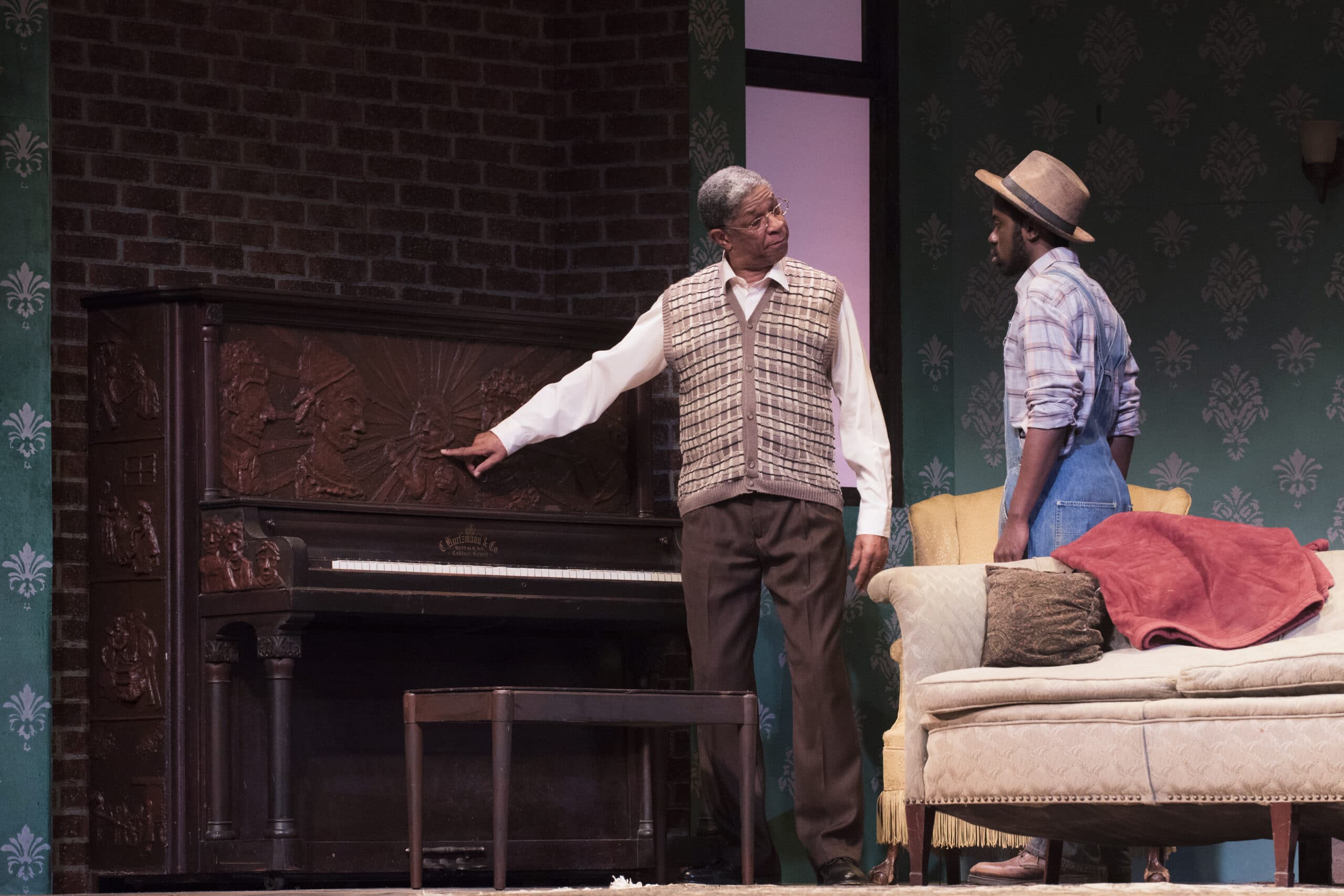
It’s a spoon feeding that does little to illuminate the piano’s actual importance.Īt times, the literalness is with purpose. To show that the antique is ancestral, eerie FX and a spotlight drills down on to the instrument intermittently. Even the piano itself feels bizarrely overemphasized. They’re delivered sermon-style, as if they aren’t revelations or confessions, but exposition. The characters’ recollections (of past wounds, of their hopes and dreams) are all blocked outward to completely face the audience.

Every inner glimpse into the Charles family and their tribe is turned into a performance, squeezed of its honesty. Under Jackson’s helm, the production’s problems begin with its curious lack of vulnerability. The spirit, they argue, is a presence of the past that Boy Willie too easily forgets. Unlike Boy Willie, Berniece and Doaker have seen Sutter’s ghost haunting the family’s residence. “I’m supposed to build on what they left me,” says an impassioned Willie to his uncle Doaker (Samuel L Jackson), the anchor and archivist of the Charles family.īut, Berniece (Danielle Brooks) insists that the piano stay firmly planted, tired of her brother’s impulsivity and disregard for the piano’s legacy (there’s blood on the piano, she warns ).

It’s a chance for a man who has spent his life indebted (as a sharecropper and a prisoner) to steer his own destiny. It is an heirloom Boy Willie’s own father died to “steal” back.īoy Willie is adamant on using the piano’s profits to buy land his ancestors slaved on. It is a relic that his enslaved ancestors were traded for by their owner, Sutter. A desperate Boy Willie (John David Washington) has come north to sell the family’s piano.


 0 kommentar(er)
0 kommentar(er)
